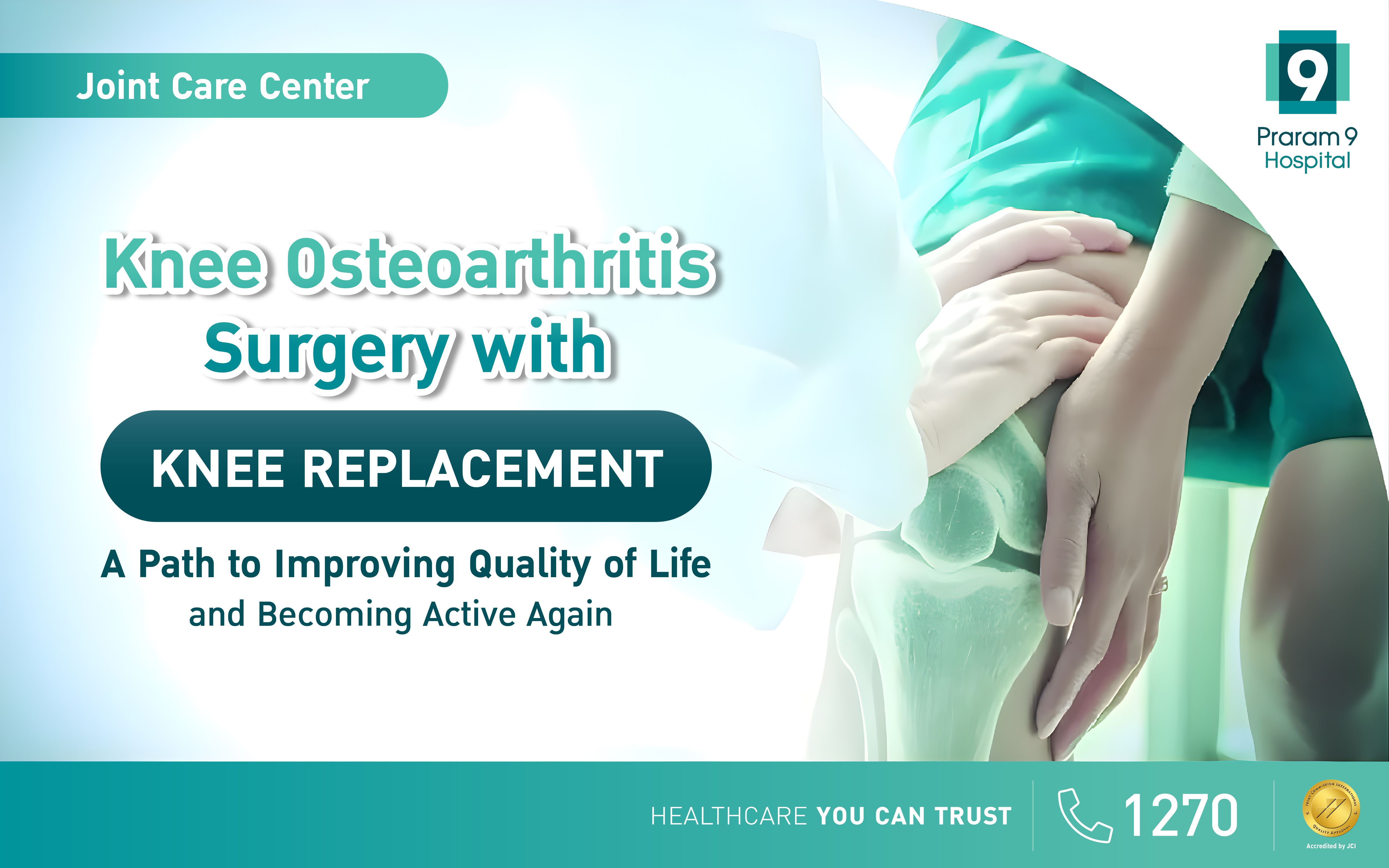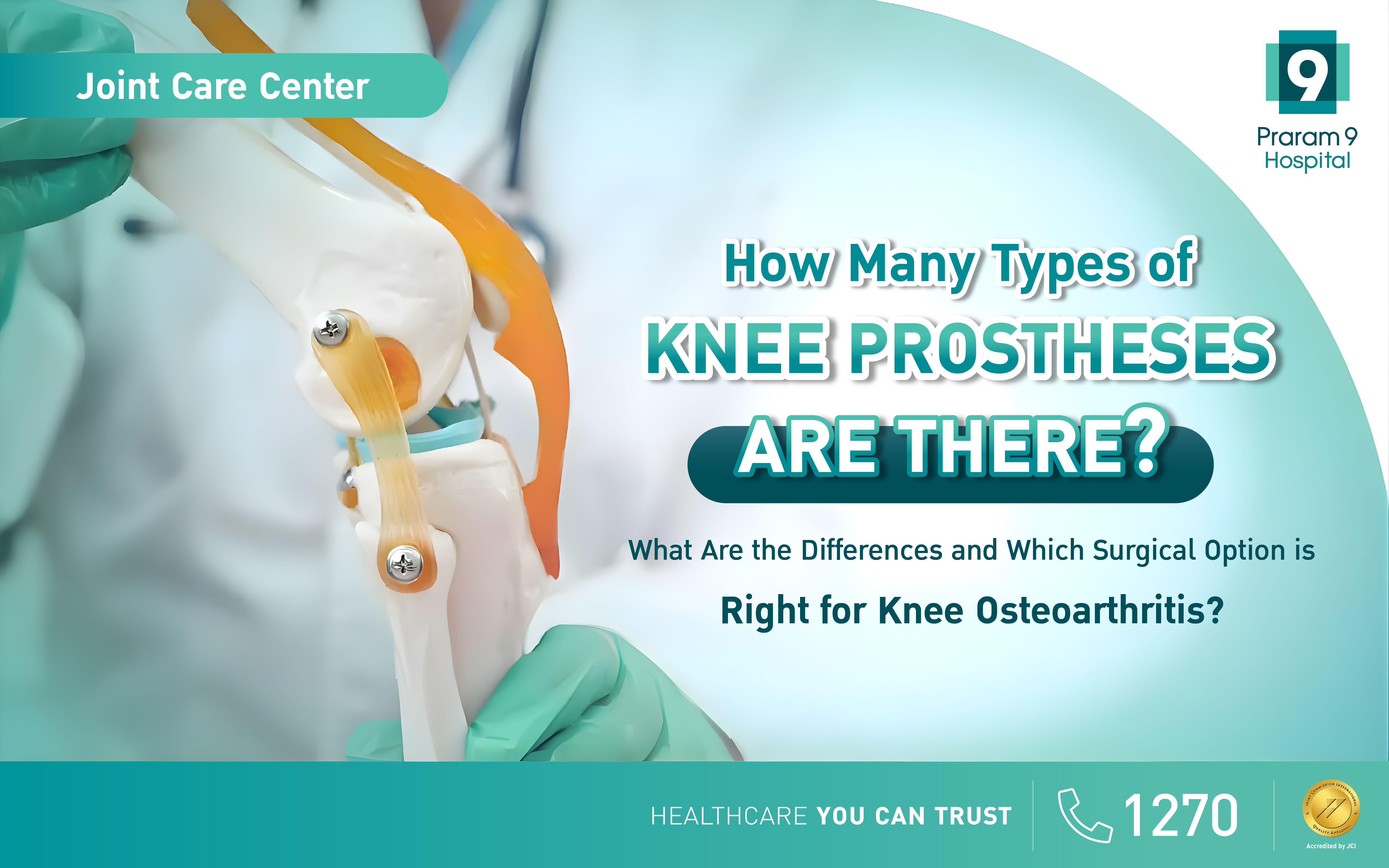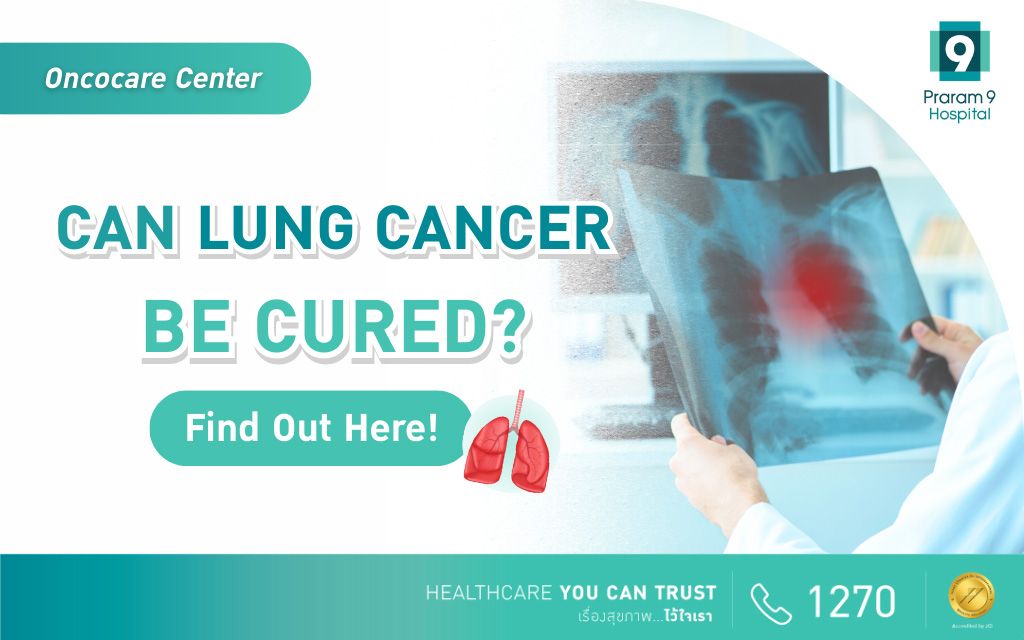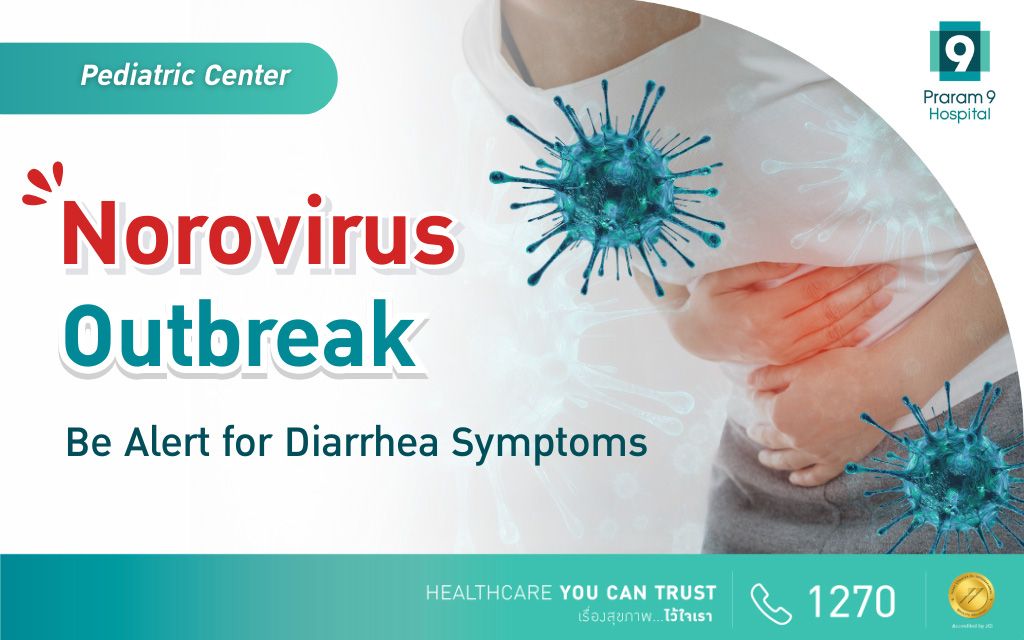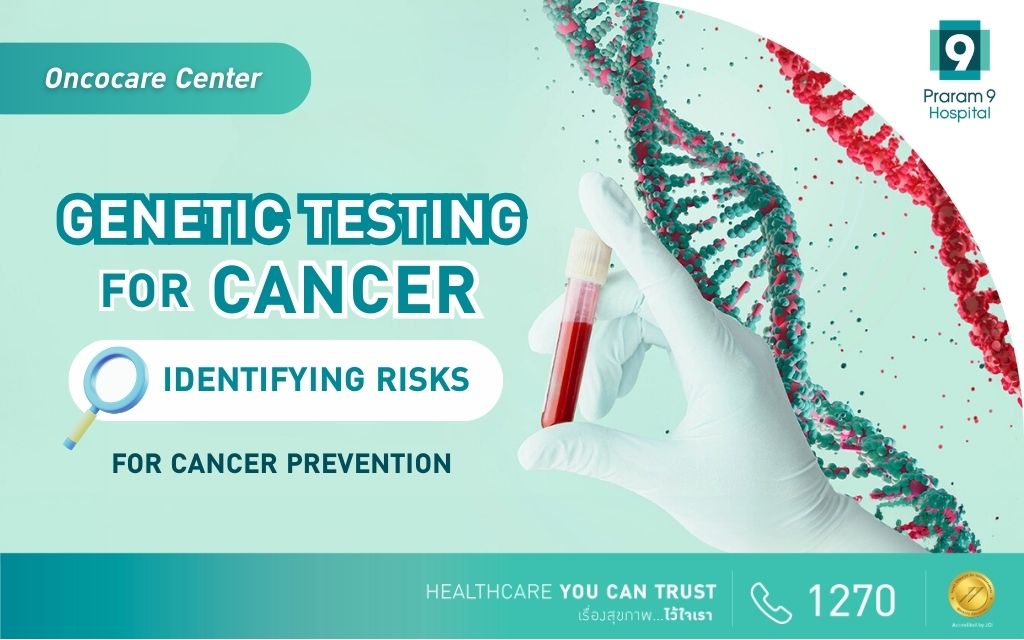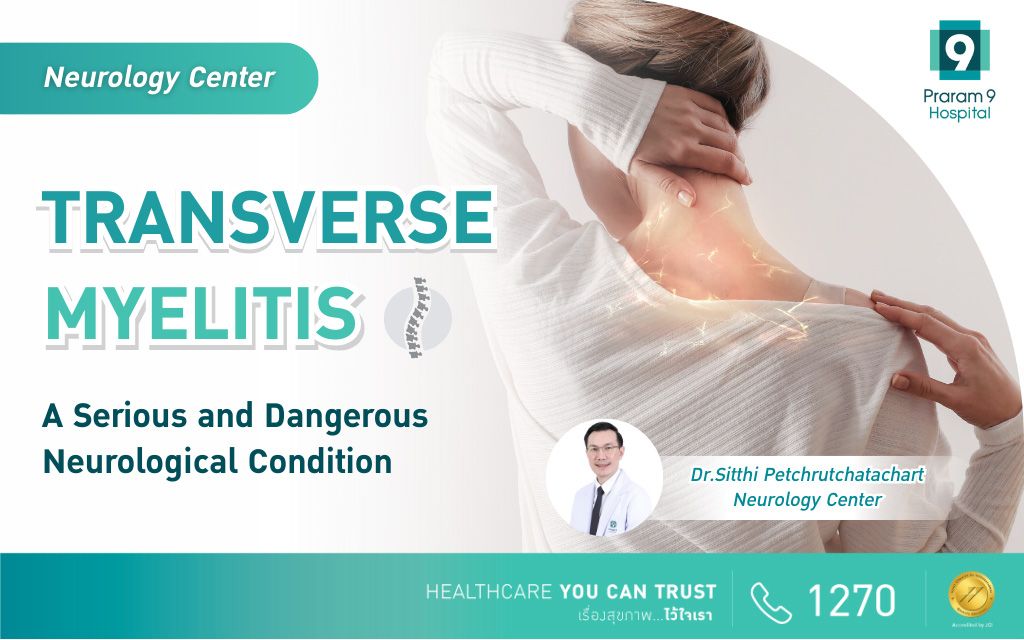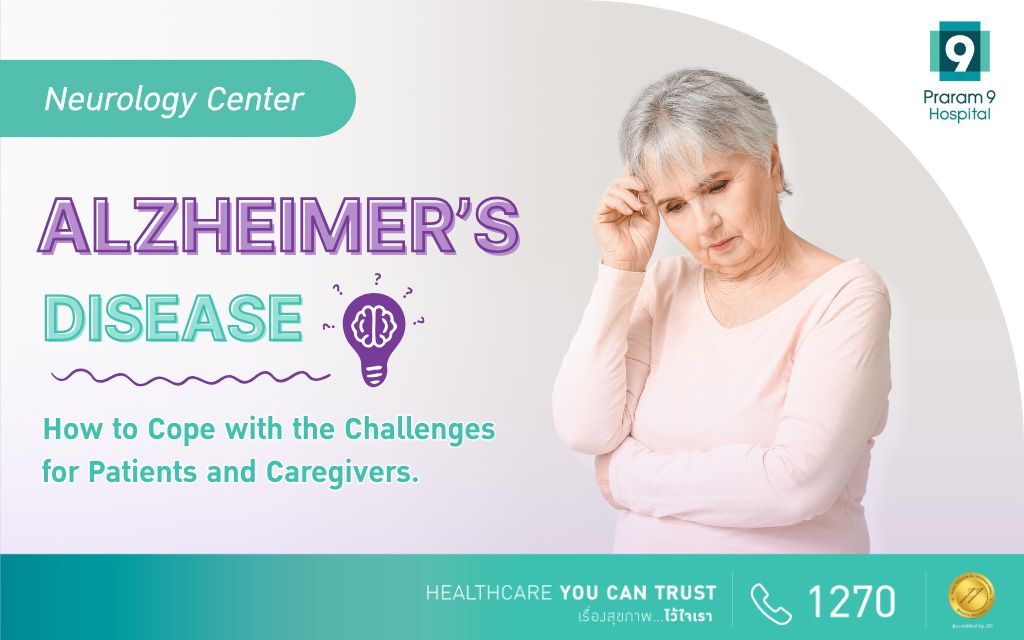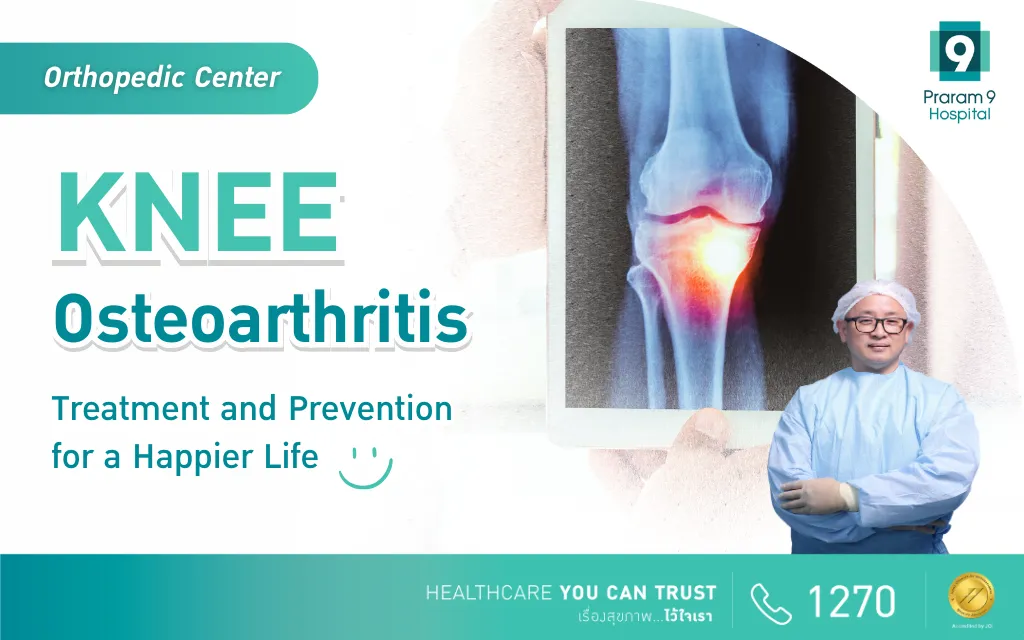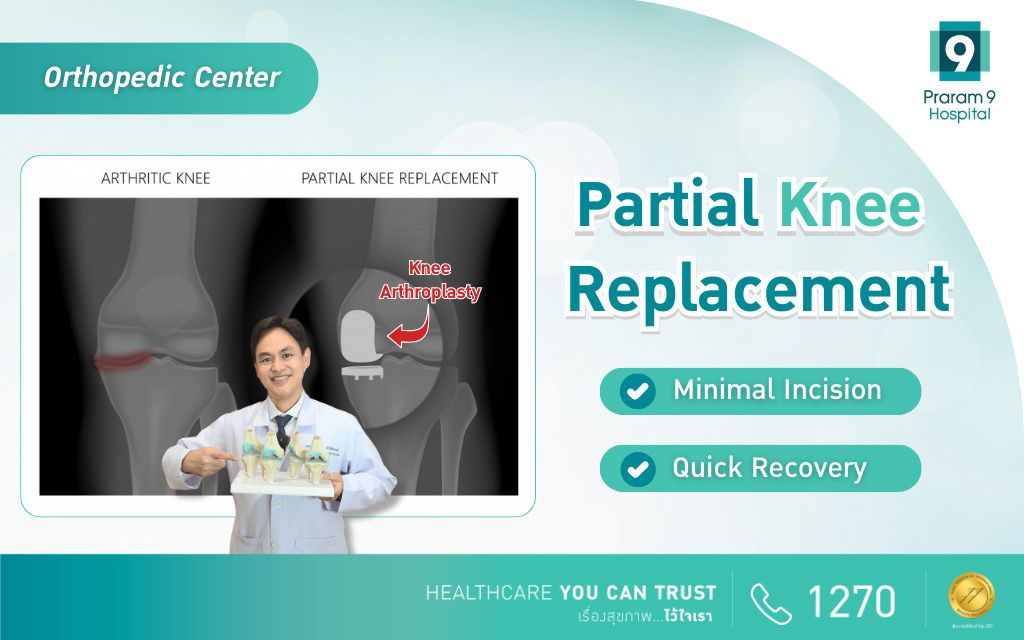Health Articles
Knowledge
Pregnancy and Covid-19
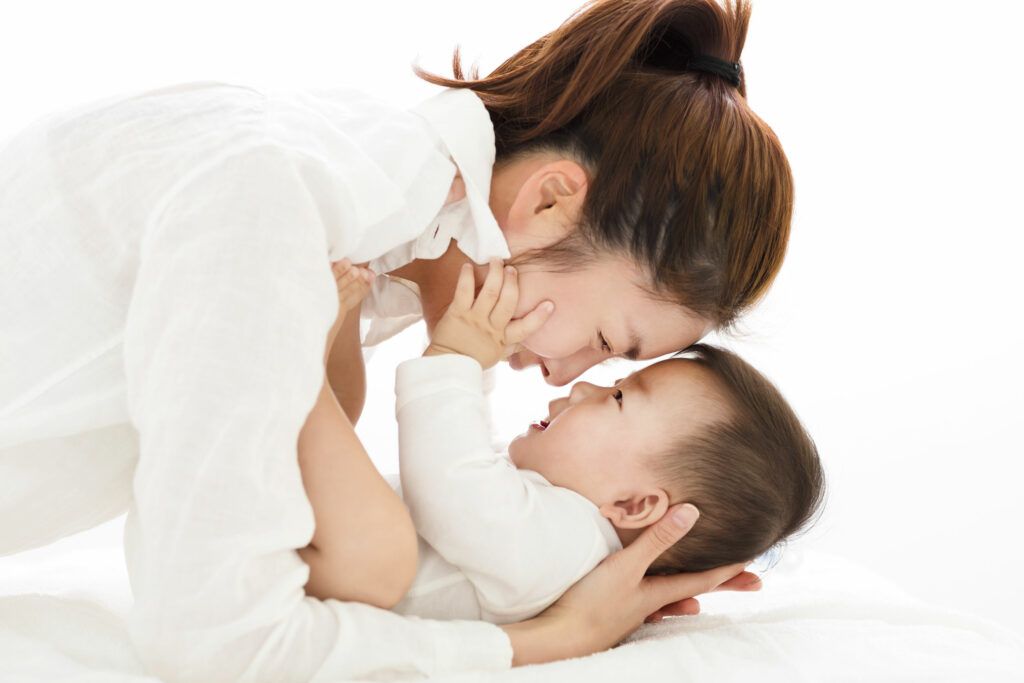
Some of us might be pregnant, or have just recently given birth. During this era of Covid-19, we might wonder if it is safe to get pregnant.
“What happens if I am pregnant and get Covid-19?”, “What should I do if I live with someone at home who has Covid-19?”, “Is it safe for me to get a Covid-19 test?”, “Is there somewhere safe I can isolate while receiving the best medical care?” These might be some of the questions which run through our minds, which we do not know the answer to. Here at Praram 9 Hospital, we have put together some of the most common questions and have provided answers to them.
If you would like to know more about how to get tested for Covid-19 with us, please click here.
If you would like to know what happens if you are positive for Covid-19, please click here.
If you would like to learn more about our Hospitel service and what we offer, please click here.
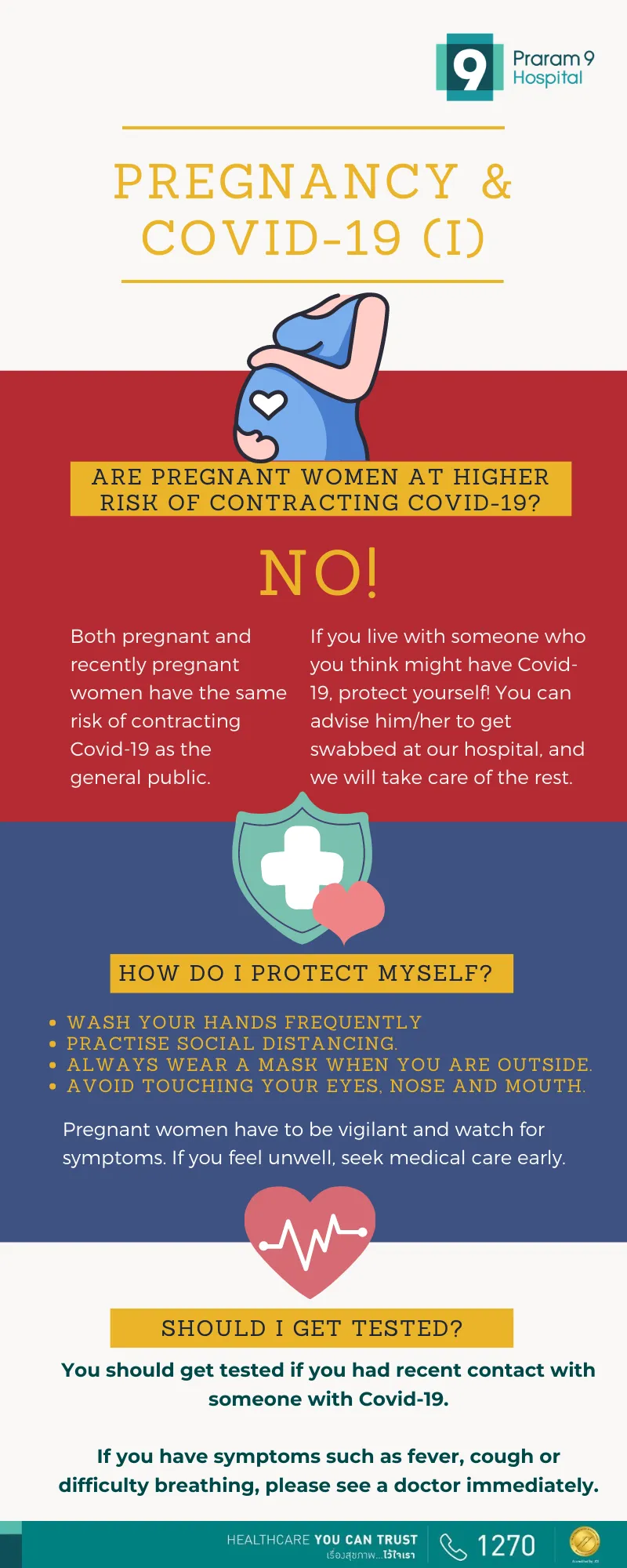
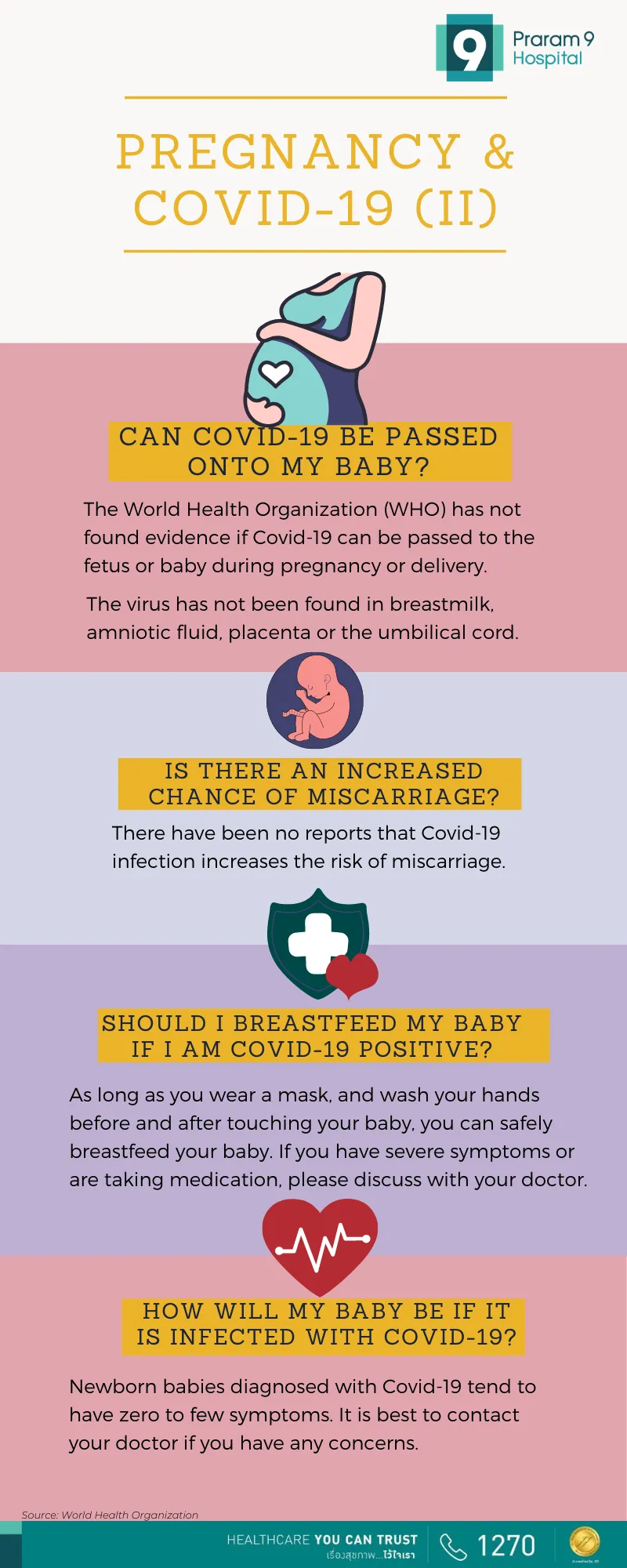
About the Author
